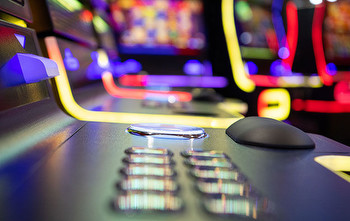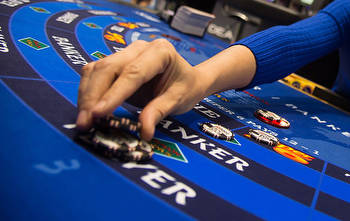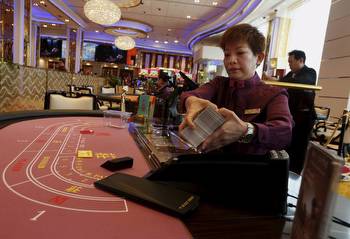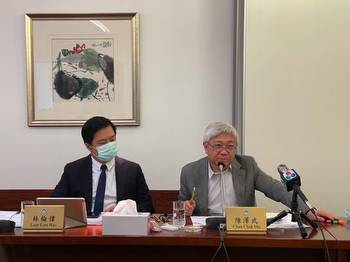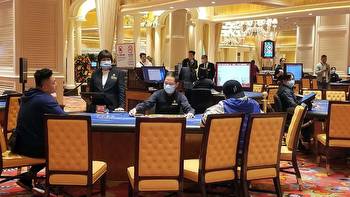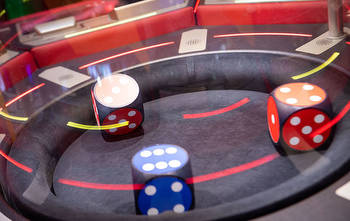Uncertainty abounds over Macau gaming law provision for GGR-based cap on table games, slot machines

Publication of the government’s draft bill on amendments to Gaming Law 16/2001 this week provided some much-needed clarity around what will be expected of concessionaires under a re-tender for casino licenses – but not all questions have been answered.
A formal cap on the number of both gaming tables and slot machines that each concessionaire will be permitted to operate was an unexpected feature of the draft bill, with the cap to be policed by way of a minimum annual gross income limit that each table or machine will be required to generate – presumably calculated as an average. If this minimum annual income is not reached, the concessionaire will be required to make up the difference and if not reached for two consecutive years, the Chief Executive may reduce the number of tables or machines authorized for use.
Lacking from the draft bill, however, is any specific detail on exactly how the government will determine such limits, other than two paragraphs stating that both the minimum annual limit of gross income from each gaming table and gaming machine, and the maximum limit for the total number of gaming tables and gaming machines to be operated, “is determined by order of the Chief Executive to be published in the Official Gazette of the Macau Special Administrative Region.”
According to David Green, an advisor to the Macau government during the drafting of the original Gaming Law 16/2001, “Any uncertainty around the price of admission is potentially a serious issue.”
While it may be that concessionaires propose their own minimum GGR per unit number, “The risk to the government in setting that number itself is that it might be wildly off the mark, and they find either that no one but the incumbents are interested, or that it is overwhelmed by respondents.”
Green, who has stated previously that the shorter 10-year license terms being offered under re-tendering mean the Macau opportunity is no longer what it was two decades ago, also questions the provision that could see gaming tables or slot machines taken back by the government if minimum GGR numbers aren’t met.
“This will be a real potential deal breaker for concessionaires, depending upon what that mandated minimum GGR number is,” he says.
The introduction of caps on both table games and slot machines formalizes a plan originally announced in 2012 that saw the Macao SAR Government introduce a nominal cap on table games. The table cap, which has now run for 10 years and is due to expire in 2022, allows for a 3% compound annual growth rate on the number of tables available to the entire Macau casino market. Although it provided no definitive numbers at the time, Union Gaming’s Govertsen calculated that the 5,500 tables operating in Macau in 2012 meant up to 1,892 new tables could be issued through 2022 – taking the total allowed by this year to a maximum of 7,392. As of 31 December 2021, the total number of gaming tables operating in Macau was 6,198 alongside 11,758 machines. Table numbers reached a high of 6,739 in 2019, just before the onset of the COVID-19 pandemic.
It may therefore be that changing the way the table cap is calculated from a defined number of tables to a GGR-based model provides an opportunity to bring back down the maximum number of tables theoretically on offer.
In a Wednesday note, investment bank JP Morgan said uncertainty around new table and slot limits “does leave room for imagination.”
However, it also suggested it was unlikely the target amounts will be too onerous because, “The government’s own projection on GGR has almost always been on conservative side over the past decade; too much burden would push operators to return tables to the government, in turn weighing on local employment; and the provision is probably introduced to improve overall efficiency of table utilization, as most properties were meaningfully underutilized even pre-COVID. Time will tell.”








